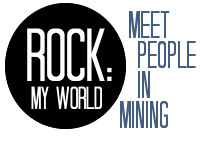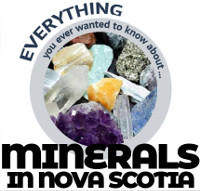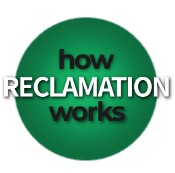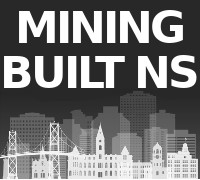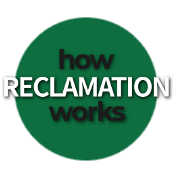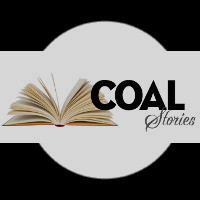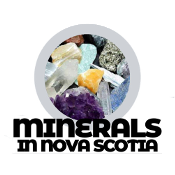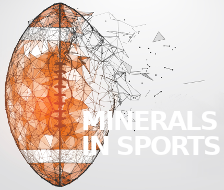- Why Mining Matters
- Jobs
- Safety
- Environment & Operations
- FAQ
- Links
- Fun Stuff
You are here

Thomas J. Brown
BESCO’s Pension
Dan McIsaac and Jim Taylor
Tius Tutty
Wilson Beaton
Aerotech Connector
Henry Swift
1885 Vale Tour
Douglas Slope Explosion
John Angus MacNeil and WWI
Florence Colliery
Joseph Walton
James Lennon
James Hamilton
1918 Allan Mine Disaster
Robert Boutilier’s Luck
Springhill’s John Anderson
Plight of Youth in 1931
Miners’ Wives Praised
Dominion No. 1B in 1931
Allan Shaft, 1931
Private Maceachern
Husseys Prospectus
William Routledge
Swell Factor in Reclamation
Gowrie Mine
River Hebert
Joggins 1904 Fire
Port Hood 1911 Flood
Lamp Cabin Memorial Park
Drummond 1873 Disaster
1872 Accidents
Springhill’s Novaco Mine
1860's Accident
New Glasgow's Linacy Mine
1913 Drummond Fires
1908 Princess Fire
Albion Mines 1913 Fire
DOSCO Miner
Cape Breton's TNT
The McCormick and Turner families
Payday Drunk
John Croak’s Victoria Cross
Atlantic Slag Company
Sydney Cement Company
1914 Coal Mine Cost
Dominion No 2
Canary in a Coal Mine
Draegermen
James Dinn
Pit Ponies
Henry Wadsworth Longfellow
1877 Accidents
Allan Shaft 1912
William Fleming
The Story of Peat
T. G. MacKenzie
Trenton Steel
1930 Stats
MacGregor Mine Explosion
MacGregor Flood
Torbanite Products Limited
Abraham Gesner and Kerosene
1860 Prince of Wales Visit
Dominion No 5
The Royal William and Stellarton Coal
Tom Pit
Terminal City
1875 Accidents
Cannons in Coal Mines
Princess Mine Explosion
Dominion No. 26
A Tale of Two Mines
Franklin Colliery
Robert J. Grant
Springhill No. 1
Mother Coo
Submarine Mines
Barrachois Mine
Fundy Coal Seam
Dominion #14
Dominion #12
Dominion No 4
Child Labour
Joggins Colliery
Safety
Bootleggers
Richmond County
Mabou Mines
Stellar Coal
English Slope
Maccan/Jubilee
The Foster Pit Fire and the Poop Solution
Thomas Edison and the Chignecto coal mine
Henry Whitney and the Dominion Coal Company
Foord Pit
Hiawatha Coal Mine
Coalburn
Springhill Disasters
St. Rose-Chimney Coalfield
Stellarton, Dorrington Softball Complex
How Does Coal Form?
Drummond Coal Mine
Sydney Coalfield and the Princess Mine
Port Morien, 1720
Port Hood
General Mining Association
Thorburn
WWII and Nova Scotia Coal
Nova Scotia's First Railway
Samuel Cunard
Stellarton’s Mining Connections
Sydney Mines
Point Aconi
Victoria Mines
Sullivan Creek
New Campbellton
Inverness and Cabot Links
The Ghost Town of Broughton
Tobin Road, Sydney Mines
Flint Island Coal Mine?!
What does Colliery mean?
Cottam Settlement
Allan Mine
Steelmaking Coal
It might sound odd, but coal is essential to renewable energy! In fact, the more renewable energy we produce, the more coal we will need.
That’s because coal is a key ingredient in steel and things like solar panels and wind turbines are partly made of steel. For example, about 100 tonnes of coal are needed to produce the 185 tonnes of steel used to build a typical wind turbine. 71-79% of a wind turbine's mass is steel.
There are two main types of coal: thermal coal, which is used to generate electricity, including much of Nova Scotia’s power; and metallurgical coal, which is used to make steel. (Metallurgical coal is also called steelmaking coal or coking coal).
Steel is mainly iron and carbon, and the carbon is derived from steelmaking coal, which contains more carbon, less ash and less moisture than thermal coal.
This is how steel is made: steelmaking coal is heated to over 1000 degrees Celsius in the absence of oxygen. Without oxygen, the coal does not burn; instead it begins to melt.
The coal is then quickly cooled in water or air to produce a hard, porous brick of carbon known as coke. The coke is fed into a blast furnace with iron ore and a handful of other ingredients to make molten iron, which is then mixed (alloyed) with other metals to make many types of steel.
About 770 kilograms of steelmaking coal makes 600 kilograms of coke, which in turn produces one tonne of steel using a basic oxygen furnace.
This is the process that produces about three-quarters of the world’s steel for use in things like infrastructure, computers, appliances, cars, airplanes, rapid transit and all forms of renewable energy. It would be difficult to count the huge number of things in your daily life that steel makes possible.
Each new megawatt of wind power requires 100-160 tonnes of steel because almost every component of a wind turbine is made of it. Steel provides the strength for taller, more efficient wind turbines.
Each new megawatt of solar power requires about 35 tonnes of steel for things like solar panel casings, their bases and various components.
About half the coal mined in Canada is of the steelmaking variety.
While renewables and natural gas are slowly replacing thermal coal in jurisdictions like Nova Scotia, there is currently no commercially viable replacement to steelmaking coal in the manufacturing of steel, so its demand remains high.
Many Nova Scotia coal mines, including Donkin, have produced steelmaking coal. Nova Scotia got into steel production in the 1800s because it has vast coal deposits and the hope was that local iron would provide the second of the two key ingredients.



